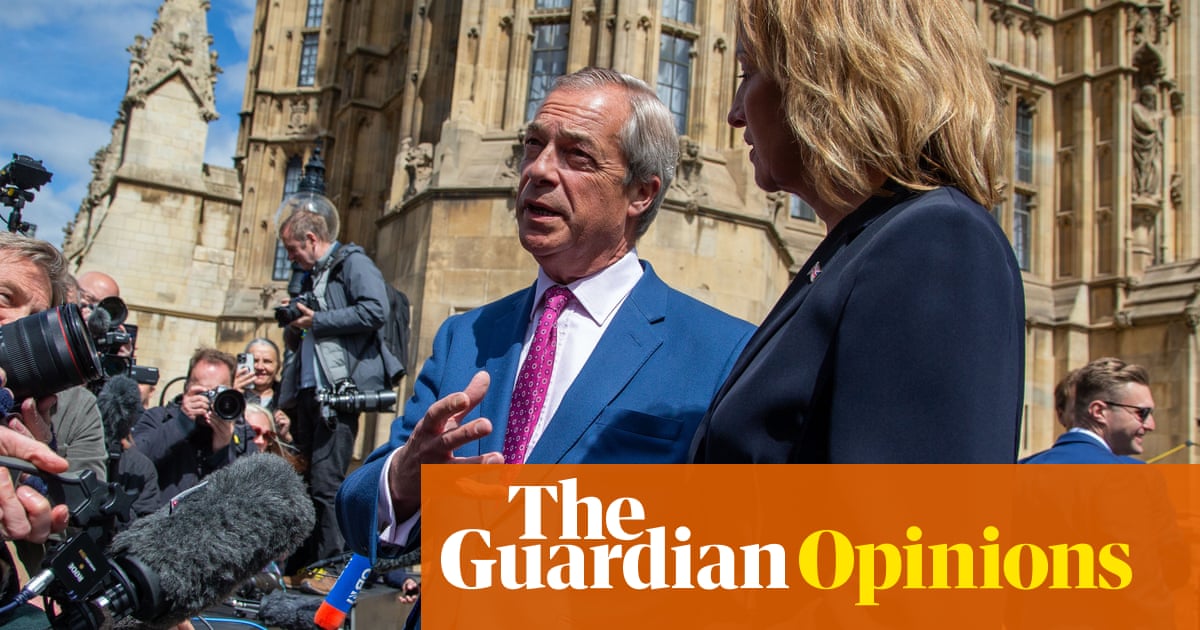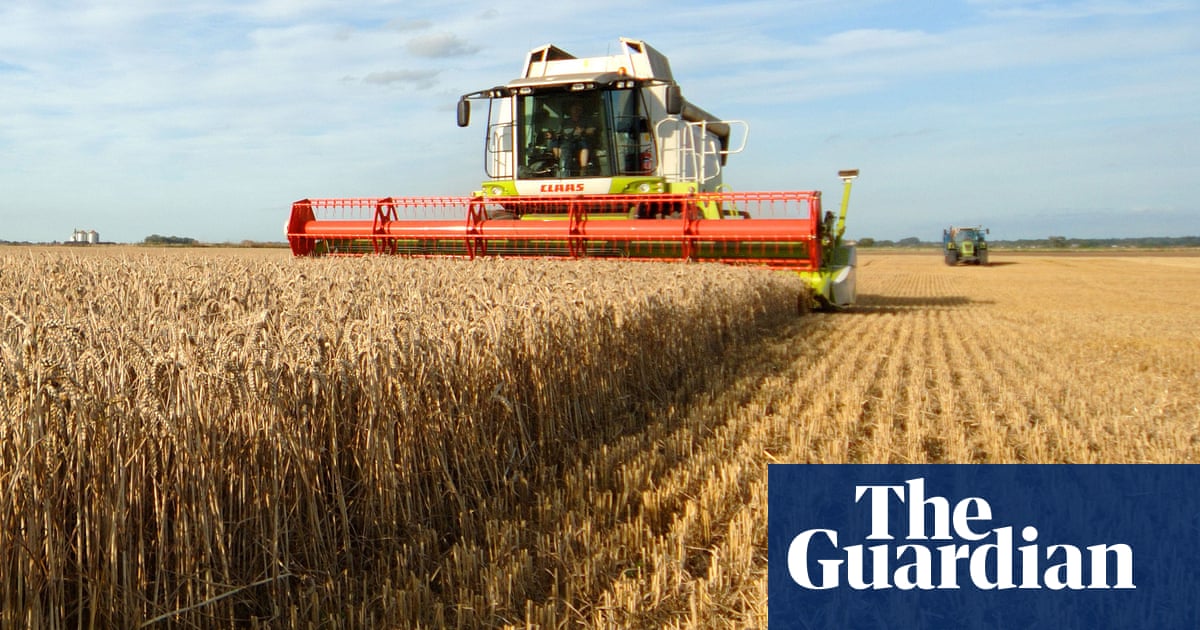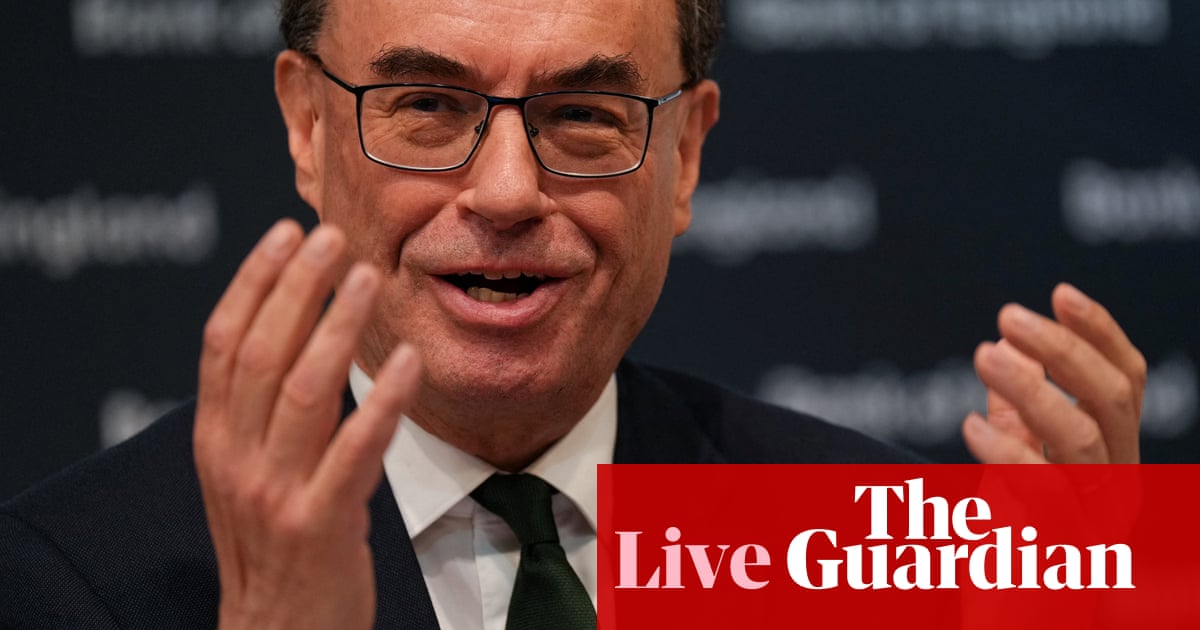The United States will “feel pain” if Donald Trump doesn’t back down from his threat to impose steep tariffs on its northern neighbour, the leader of Canada’s most populous province has warned.
After a tumultuous week that left Canadian leaders flailing for a coherent national response to Trump’s provocations – including the suggestion that the US would annex its closest ally – Ontario premier Doug Ford told the Guardian: “We will never be for sale.”
Ford described the escalating rhetoric from the incoming US administration as “very concerning”, saying that it has already clouded a trade relationship worth hundreds of billions of dollars.
“I know the American people do not agree with this. I know the top CEOs of the largest companies in the world disagree with what he’s doing,” he said. “And our goal is to just to keep that message up as much as we can: this harms everyone.”
At a rambling press conference on Tuesday – in which the US president-elect also weighed in on washing machines and water pressure – Trump mulled using “economic force” to establish a union between Canada and the US, describing the shared border, established more than 230 years ago, as an “artificially drawn line”.
“Canada and the United States: that would be really something,” Trump said, adding that he was getting frustrated over providing “subsidies” for Canada.
“We’ve been good neighbours, but we can’t do it forever, and it’s a tremendous amount of money,” Trump said.
Canada’s outgoing prime minister Justin Trudeau retorted: “There isn’t a snowball’s chance in hell that Canada would become part of the United States,” while Conservative leader Pierre Poilievre said the country “will never be the 51st state. Period”.
But the threat has nonetheless stirred up domestic handwringing and finger-pointing amid accusations that federal political parties have weakened Canadian identity.
Ford, who oversees Ontario’s $C1.1tn economy, called Trump’s threat of annexation “very concerning” and said the confusing and shapeless nature of the demands from Trump makes it difficult to negotiate.
During his first term, Trump briefly used tariffs against China – and allies including Mexico and Canada – as a negotiating tactic to achieve new trade deals.
In November, Trump revived the policy in a social media post threatening to apply punishing levies of 25% on all goods and services from Mexico and Canada, and to keep them in place until “such time as drugs, in particular fentanyl, and all illegal aliens stop this invasion of our country”.
Canada’s federal and provincial governments have pledged vast sums of money and resources to address US concerns. In December, Ottawa suggested it will spend C$1.3bn on border security upgrades, including helicopters and drones. Provinces have also taken matters into their own hands: Alberta announced it would send a police force to the border to increase patrols.
But Trump has shown little interest in walking back his demands.
“Every time he comes out, [Trump] moves the goalposts. So that’s that’s concerning, but we’re going to throw everything and the kitchen sink at this. We don’t want to retaliate. We really don’t. But if it comes down to it, [the Americans] are going to feel pain.”
Earlier this week, Ford appeared on Fox News as part of a media push in the United States, appealing to viewers – and the president – to rethink the idea of annexing Canada. Ontario is also spending millions of dollars on an advertising blitz to remind Americans of the deeply enmeshed supply chains of the two countries.
Ford, previously described Trump’s tariff threat as being “like a family member stabbing you right in the heart” and has suggested Ontario could retaliate by cutting off electricity exports to the US, or freezing alcohol purchases by the province’s liquor control board – the largest buyer in the world.
In 2018, Canada applied retaliatory tariffs to specific US products, similar to a European Union scheme that targeted US brands including Harley Davidson motorcycles and Levis jeans.
“It sounds a little crazy, but targeting bourbon really changed the ball game: targeting something like this can be very effective,” said Ford.
But he recently shifted gears away from threats and has called for more cooperation, including plans to export Ontario’s nuclear power as part of a broader plan he pitched as “Fortress Am-Can”.
The disastrous wildfires near Los Angeles reflect the importance of having allies, he said, pointing to the water bomber airplanes and 155 urban firefighters Ontario will send to California .
“We’re just going to continue working with our closest friends and when they’re in need, we’re going down there,” he said.
When Trump announced the tariffs on social media, Ford insisted the threats should be taken seriously, rejecting they were merely bargaining chip veiled as a threat.
“When it comes to president elect Trump, when he says something, you know he means it. And I knew this was coming, I warned everyone to be prepare,” he said. “We just aren’t too sure if he going to hold these tariffs for five to six weeks like he did before, or is it going to go on for a prolonged period of time. And that would be disastrous – for both economies.”

.png) 3 months ago
39
3 months ago
39













































